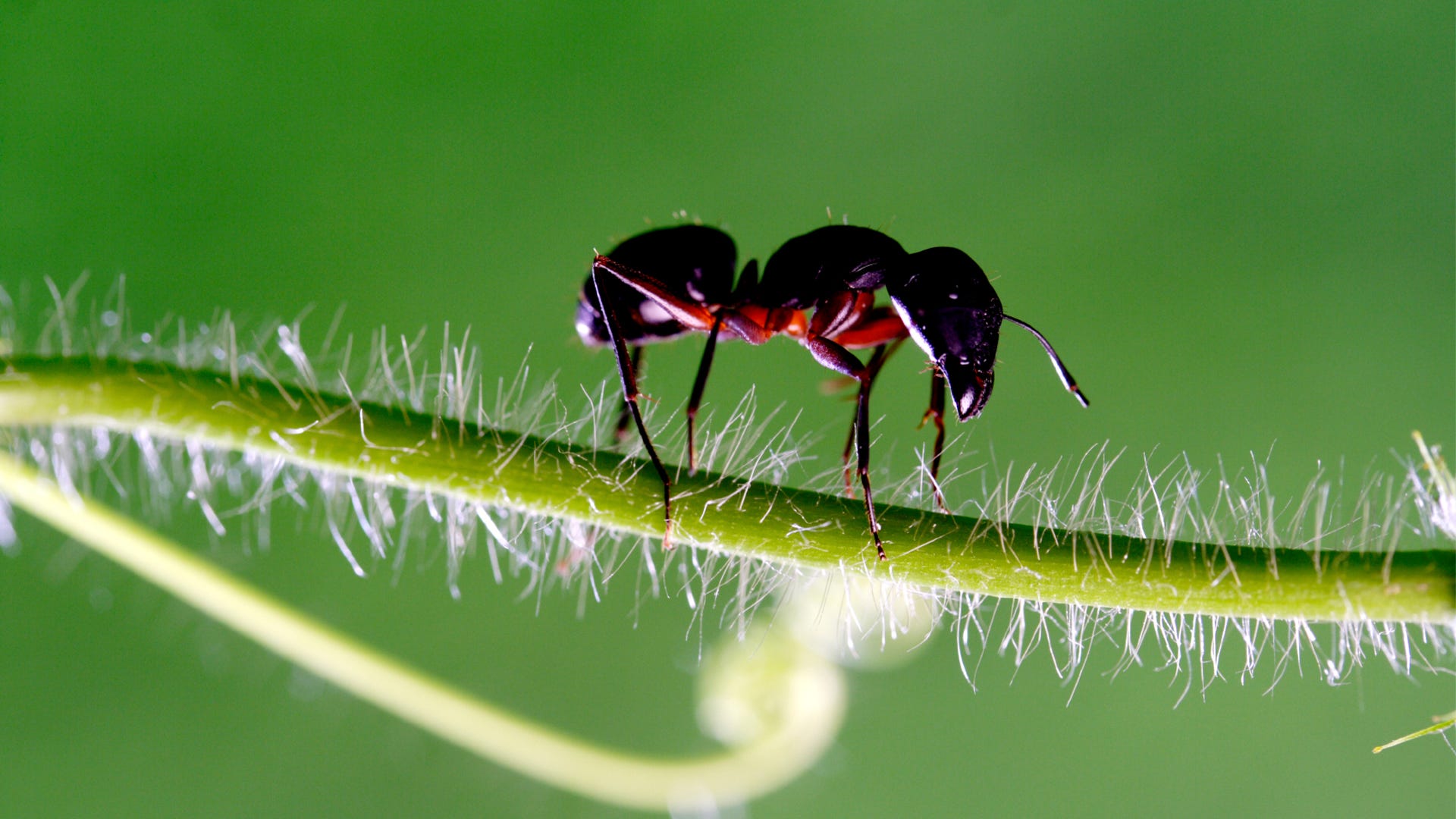Advanced Termite Control: Proven Techniques for Getting Rid Of Termite Infestations
Wiki Article
Environmental Impact of Parasite Control: Balancing Effectiveness With Sustainability
The environmental effect of bug control is a crucial concern that requires a delicate balance between accomplishing performance in guaranteeing and managing insects sustainability of our environments. As we make every effort to secure our crops, homes, and health and wellness from the risks positioned by bugs, the techniques we utilize can unintentionally damage the environment. From making use of unsafe chemicals that seep right into our soil and water to the unintended effects on non-target varieties, the consequences of conventional parasite control methods are far-ranging. However, there are arising strategies that use hope for an extra sustainable strategy to pest monitoring. These remedies not only goal to address the prompt bug problems however additionally consider the lasting wellness of our world.Hazardous Chemicals in Insect Control
The usage of dangerous chemicals in parasite control postures significant ecological and wellness dangers that call for careful factor to consider and reduction strategies. Herbicides, pesticides, and chemicals are commonly utilized to remove bugs, yet their extensive application can result in unexpected consequences. These chemicals can infect soil, water resources, and the air, influencing not only the targeted pests but additionally useful pests, wild animals, and humans.
To address these dangers, incorporated parasite administration (IPM) strategies are being advertised as a much more sustainable option. IPM entails a combination of techniques such as organic control, habitat control, and the targeted use of chemicals as a last resort (ant controlmount holly nc). By adopting an alternative strategy to pest control, we can decrease the environmental and wellness effects related to unsafe chemicals while efficiently managing pest populaces
Influence On Non-Target Species
Considering the unplanned effects of bug control techniques, the effect on non-target types is a critical aspect that requires comprehensive assessment. While insect control steps aim to target details bugs, other organisms in the ecological community may be accidentally impacted. Non-target species, including valuable pests, birds, mammals, and even plants, can endure straight or indirect injury from pesticide applications or biological control methods.Pesticides can have sub-lethal or deadly impacts on non-target types. As an example, pesticides made to deal with a specific bug pest might harm pollinators like bees or natural predators such as ladybugs. In addition, chemical residues can accumulate in the atmosphere, affecting non-target organisms over time. Likewise, biological control representatives, if not species-specific, can position threats to unexpected targets, interrupting the ecological equilibrium.
To reduce the effect on non-target species, incorporated pest monitoring (IPM) strategies that emphasize an alternative strategy to pest control are advised. These methods prioritize making use of eco pleasant methods, lessening injury to beneficial microorganisms while effectively managing pest populaces. Carrying out detailed danger assessments and checking the end results of insect control efforts are necessary action in safeguarding non-target types and advertising general environment wellness.
Dirt and Water Contamination
Unintended environmental repercussions of pest control techniques extend beyond impacting non-target types, with substantial effects for soil and water contamination - termite control. Chemicals, herbicides, and chemical fertilizers made use of in bug control can leach into the dirt and infect groundwater, posing a threat to both earthbound and marine ecological communities.Water contamination is another crucial concern linked with pest control techniques. Drainage from farming fields treated with pesticides can bring these chemicals right into nearby water bodies, influencing water microorganisms and water quality. Pollutants in water resources can have far-reaching consequences, influencing not only aquatic life however also human health and wellness through the usage of contaminated water or marine organisms. To mitigate dirt and water contamination from check these guys out insect control tasks, incorporated insect management methods that focus on sustainability and decrease chemical inputs are important.
Air Pollution From Pesticide Usage
Exposure to airborne chemicals throughout agricultural applications positions a significant problem for air contamination control measures. In addition, chemical drift, where chemicals are lugged by the wind to unexpected locations, can lead to the contamination of nearby communities and water bodies.
Methods for Sustainable Insect Control
In the world of agricultural techniques, implementing lasting insect control strategies is vital for keeping environmental equilibrium and guarding plant returns. Sustainable bug control emphasizes the use of environmentally pleasant approaches to manage parasite populaces properly while decreasing injury to non-target organisms and communities. Integrated Pest Administration (IPM) is a widely taken on method that incorporates biological, social, physical, and chemical control approaches to achieve lasting pest monitoring services.Crop turning and diversity are additionally effective methods to interrupt pest life cycles and create less desirable conditions for insects to prosper. Ultimately, by incorporating these sustainable parasite control approaches, farmers can attain a balance between pest management performance and environmental stewardship.
Final Thought
Finally, the environmental impact of pest control methods need to be very carefully considered to stabilize effectiveness with sustainability. Unsafe chemicals made use of in insect control can bring about soil and water contamination, air contamination, and harm non-target varieties - termite control. It is essential to implement sustainable pest control techniques to minimize these unfavorable effects on the setting and promote a much healthier community for future generationsBy adopting an all natural strategy to pest control, we can minimize the environmental and wellness influences associated with dangerous chemicals while efficiently handling pest populations.

To alleviate the air contamination created by chemical use, it is important to adopt incorporated parasite management strategies that prioritize the use of non-chemical parasite control techniques, such as plant rotation, natural killers, and resistant crop selections. Sustainable bug control highlights the usage of ecologically friendly techniques to manage bug populations effectively while decreasing injury to non-target organisms and ecological communities. Integrated Bug Administration (IPM) is a commonly embraced method that combines organic, cultural, physical, and chemical control methods to accomplish long-term parasite administration services.
Report this wiki page